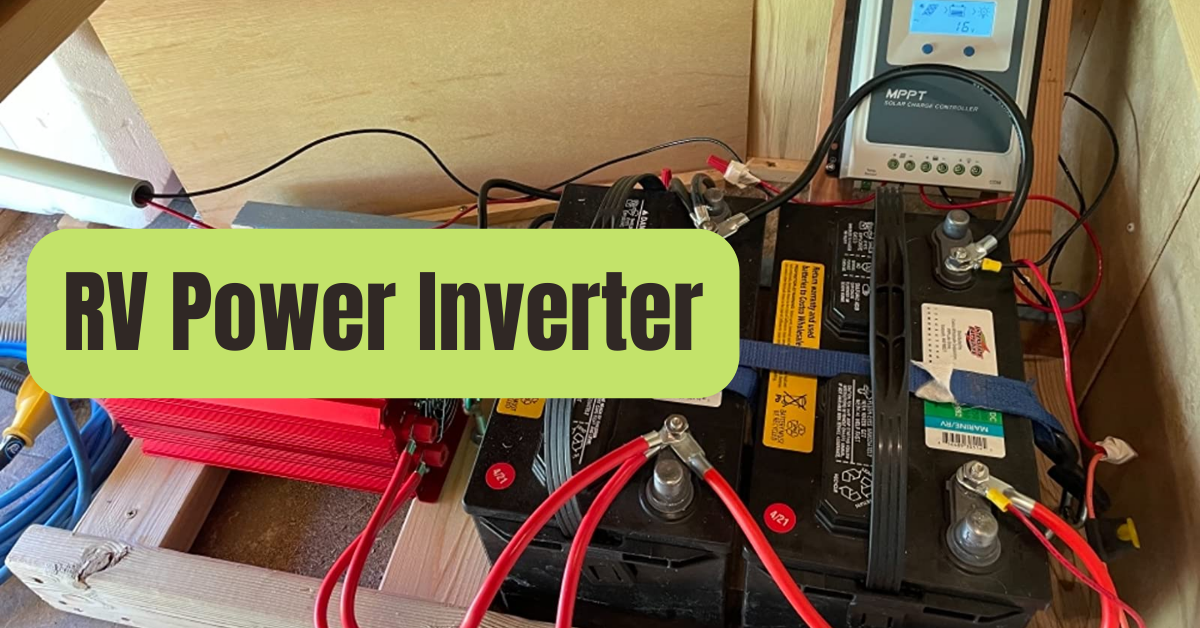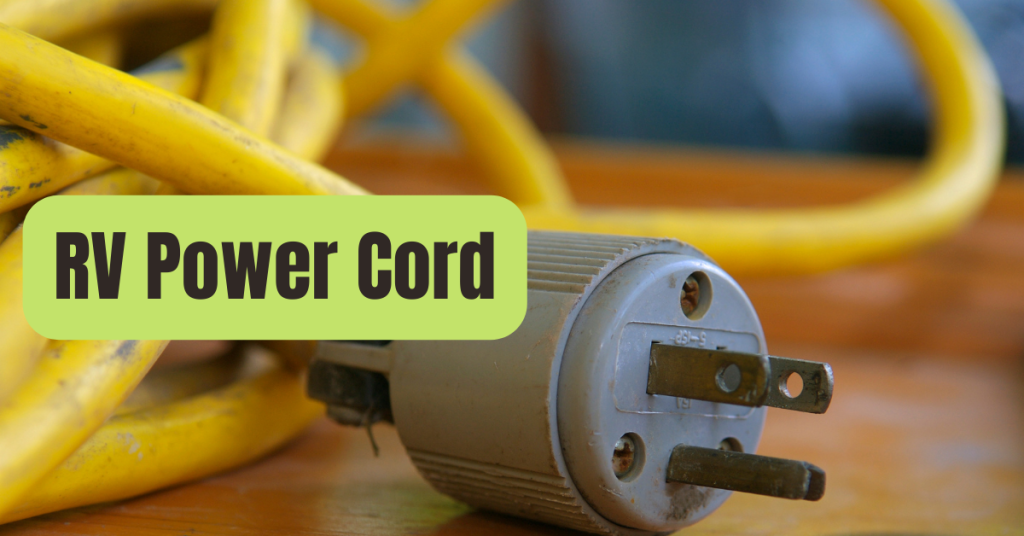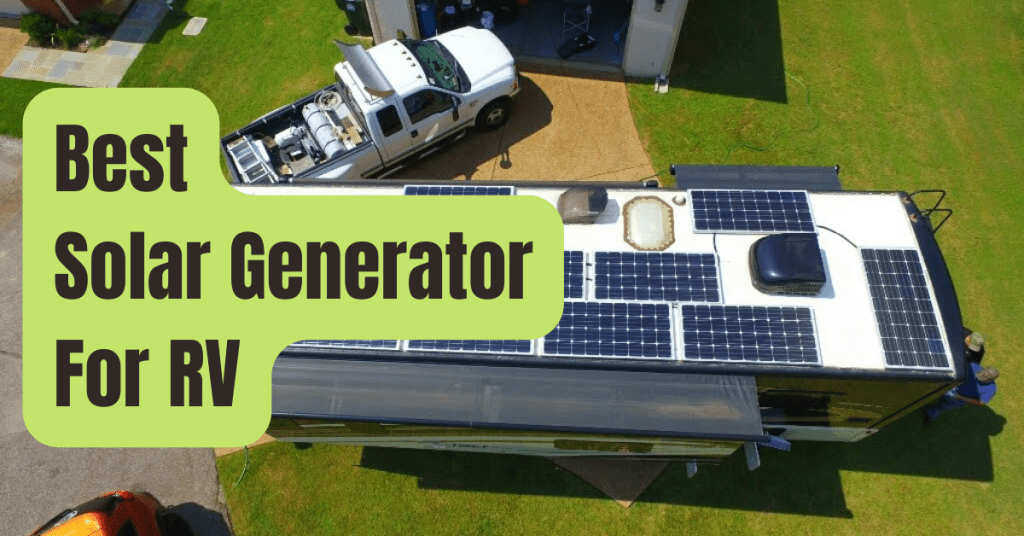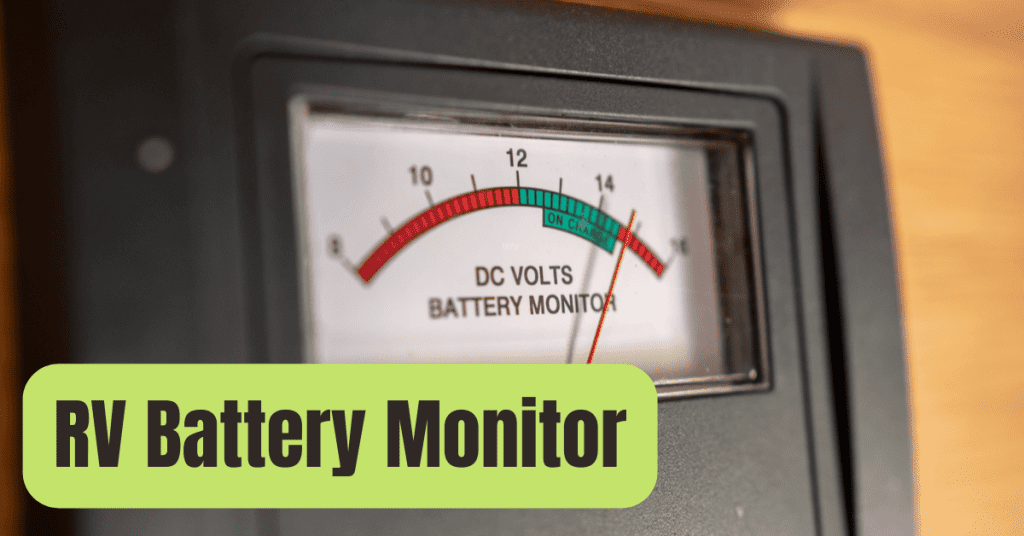When RV camping, power supply is the most important consideration.
You need energy to operate your gadgets whether you like to camp in a designated area or go about the countryside.
The RV power inverter is the device that makes it possible for you to use your air conditioner or television.
An Rv Power Inverter: What Is It?
When using electricity in a recreational vehicle, the electrical system has two separate sources: 110 volts (AC) and 12 volts (DC) (DC).
110v electricity is used by appliances that connect into a standard two-prong wall outlet.
The furnace and a few of your rig’s lights operate on 12 volt electricity.
Your battery’s (12v) electricity is converted into useable 110v power for bigger appliances by an RV power converter.
This enables you to use a television that is powered by AC while boondocking.
The inverter will convert the battery’s 12 volt DC electricity into 110 volt AC power as a consequence.

What Distinguishes an RV Inverter from a Converter?
A converter, as opposed to an inverter, steps down 110v AC power into 12v DC power that may be used by the 12v appliances and accessories in your RV.
An inverter converts 12v DC power into 110v AC power.
While connected to shore power or when your generator is running, the converter is operational.
Through that procedure, the voltage for your 12v equipment, such as your heater and lights, is reduced from the 110v current.
For some of your larger RV equipment, like an air conditioner, a space heater, or a television, the inverter converts battery electricity (12v) to 110v.
What Purpose Does an Inverter Serve in an RV?
The refrigerator, microwave, convection oven, space heater, curling iron, and other power-hungry devices are all operated by your RV’s inverter.
All of them need far more power than a 12 volt system can provide.
As a result, the inverter converts the DC power’s “one-way current” into an AC power’s “two-way current.”
Several things to think about DC electricity at 12 volts is more energy-efficient.
This makes sense since the voltage is nearly ten times lower than that of 110 volts AC electricity.
So you’ll have to save amp hours if you’re thinking about boondocking or installing solar power for your rig.
The amp hours will remain lower while utilizing more 12v than 110v appliances.
Additionally, several bigger appliances have been converted to operate on 12 volts.
An excellent example is a three-way refrigerator, which gives you alternatives for your energy usage by operating on AC power, DC power, or propane.
Does My RV Need a Power Inverter?
Consider having an RV power inverter among your rig’s necessary equipment unless you only plan to utilize minor 12v accessories and your heater.
When boondocking, many campers use their generators to power some of their bigger appliances.
But many campsites forbid the use of these loud engines at night.
They use a lot of gasoline while they are operating.
According to some calculations, a generator uses a gallon of fuel per hour it operates.
Therefore, adding an inverter will provide you a more balanced power strategy.
What Size Inverter Do I Need For An Rv?
You can choose the right size inverter by calculating how much energy is required to power your greatest device.
An air conditioner, for instance, consumes around 13 amps of electricity.
Since it uses 120 volts of electricity, multiply 13 by 120 to get 1,560 watts.
However, a bigger inverter of 3,000 or 4,000 watts should be planned for as an air conditioner’s compressor requires more than 1,560 watts to start.
The majority of RVs have an electrical demand that necessitates an inverter with a wattage of between 2,000 and 4,000.
They often peak at double that level (to start things like air conditioner compressors).
Therefore, once the compressor turns on, the air conditioner may need 3,000 watts to start, then reduce to 1,560 watts.

How Can an Inverter Be Installed in an RV?
Locate the inverter for your RV as near to the power source as you can.
It may become a bit heated, so make sure there is sufficient ventilation.
Less voltage is lost when the current flows through the cables, the closer the inverter is to your battery.
Next, connect a fuse to the positive battery wire.
Connect the wire from the fuse to the inverter’s positive terminal.
Without connecting to the fuse, the negative wire is connected to the inverter’s negative terminal.
With this straightforward configuration, you may immediately connect 110v AC appliances into the inverter’s outlets to power them.
A switch that separates the inverter from the converter in your RV may be added for more complex setups so that electricity only flows through one of those components at a time.
Your recreational vehicle’s power panel receives the electricity from the auto switch.
The wall outlets in your vehicle would then get 110v AC electricity, which bigger AC equipment might use.
What is the Price of an RV Inverter?
Purchasing a pure sine wave inverter, however, is another factor that will increase the cost.
Because of this, the inverter will have the constant, continuous wave of current some of your more delicate gadgets, including electronics, need.
These inverters might increase the cost by a few hundred dollars.

Is an Inverter a Better Generator Alternative?
You can survive without either a generator or an RV inverter since they both provide 110v AC electricity.
However, if your sole option for powering your AC appliances is a generator, there may be occasions when it is difficult or against the law to run the noisy engine.
Or maybe you don’t have enough gasoline to keep it running for the required period of time.
An inverter, on the other hand, is silent and accessible so long as your battery is charged or you’re connected to shore power.
Additionally, it generates current more steadily than a generator, keeping your electrical gadgets satisfied.
Any RV arrangement can easily see the necessity for a generator and an inverter.
To determine whether you just want to rely on one or the other, you may need to weigh the advantages and disadvantages of your camping style and the restrictions of your setup.
Does an RV Power Inverter Pay Off?
An RV power converter is necessary if you want to utilize all of your RV’s appliances and equipment without constantly using your generator.
When the generator can’t, it is a trustworthy component of your electrical system that can keep running.
It will meet all of your AC demands with a steady, smooth current without endangering delicate electronic equipment.
After installation, you’ll wonder how you ever loved camping without making this smart purchase!










